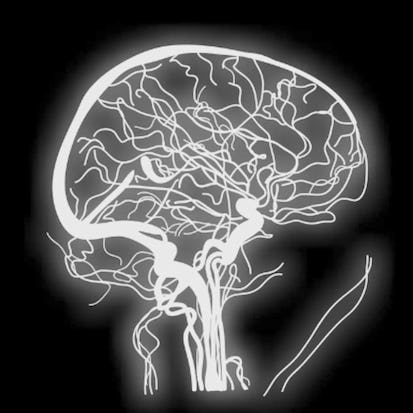- Level Foundation
- Duration 9 hours
- Course by Johns Hopkins University
-
Offered by

About
Neuroimaging methods are used with increasing frequency in clinical practice and basic research. Designed for students and professionals, this course will introduce the basic principles of neuroimaging methods as applied to human subjects research and introduce the neuroscience concepts and terminology necessary for a basic understanding of neuroimaging applications. Topics include the history of neuroimaging, an introduction to neuroimaging physics and image formation, as well as an overview of different neuroimaging applications, including functional MRI, diffusion tensor imaging, magnetic resonance spectroscopy, perfusion imaging, and positron emission tomography imaging. Each will be reviewed in the context of their specific methods, source of signal, goals, and limitations. The course will also introduce basic neuroscience concepts necessary to understand the implementation of neuroimaging methods, including structural and functional human neuroanatomy, cognitive domains, and experimental design.Modules
Weclome
1
Discussions
- The Next 5 Years
1
Videos
- Introduction
Anatomy and Organization
3
Discussions
- Dissociable Brain Networks
- Early Versus Late Developing Brain Areas
- Describe a Location
4
Videos
- Structure and Anatomy, Part 1
- Structure and Anatomy, Part 2
- Development and Vascular Organization of the Brain
- Terminology of Brain Organization
Review
1
Assignment
- STRUCTURAL NEUROANATOMY OF THE HUMAN BRAIN
Methods of Communication
2
Discussions
- Inhibitory Post-Synaptic Potentials
- Why Electrical AND Chemical Methods
2
Videos
- Methods of Communication in the Brain, Part 1
- Methods of Communication in the Brain, Part 2
Functional Anatomy
3
Discussions
- Many Networks
- Multiple Memory Systems
- Neuropsychological Assessment & fMRI
3
Videos
- Functional Anatomy of the Brain
- Organization of Cognitive Domains
- Neuropsychological Assessment of Cognition
Review
1
Assignment
- Functional Neuroanatomy of the Human Brain
Introduction to Neuroimaging
3
Discussions
- Approaches to neuroimaging
- Basics of Magnetic Resonance Imaging
- Basics of functional magnetic resonance imaging
3
Videos
- Approaches to Neuroimaging
- Basics of MRI
- Basics of fMRI
MRI Studies
2
Discussions
- Structural MRI studies
- Functional MRI studies
2
Videos
- Structural MRI Studies
- Functional MRI Studies
Quiz
1
Assignment
- Principles and Methods of Neuroimaging
Designing Studies
2
Discussions
- Experimental design
- Functional Connectivity MRI studies
2
Videos
- Experimental Design
- Functional Connectivity MRI Studies
Diffusion Tensor Imaging
1
Discussions
- Diffusion Tensor Imaging
1
Videos
- Diffusion Tensor Imaging
Magnetic Resonance Spectroscopy
1
Discussions
- Magnetic Resonance Spectroscopy
1
Videos
- Magnetic Resonance Spectroscopy
Conclusion
1
Videos
- Conclusion
Quiz
1
Assignment
- Experimental design and special applications in neuroimaging
Auto Summary
Explore the world of neuroimaging with "Fundamental Neuroscience for Neuroimaging" on Coursera. This foundational course, led by expert instructors, delves into neuroimaging techniques and neuroscience concepts, covering fMRI, DTI, and more. Ideal for students and professionals, the 540-minute course offers Starter, Professional, and Paid subscription options. Gain essential knowledge in neuroimaging physics, human neuroanatomy, and cognitive domains to enhance your research and clinical practice skills.

Arnold Bakker


